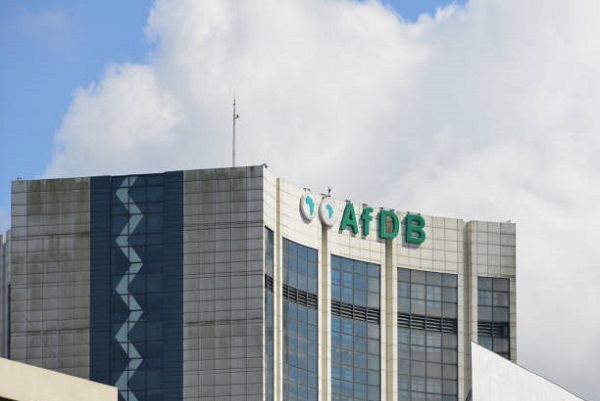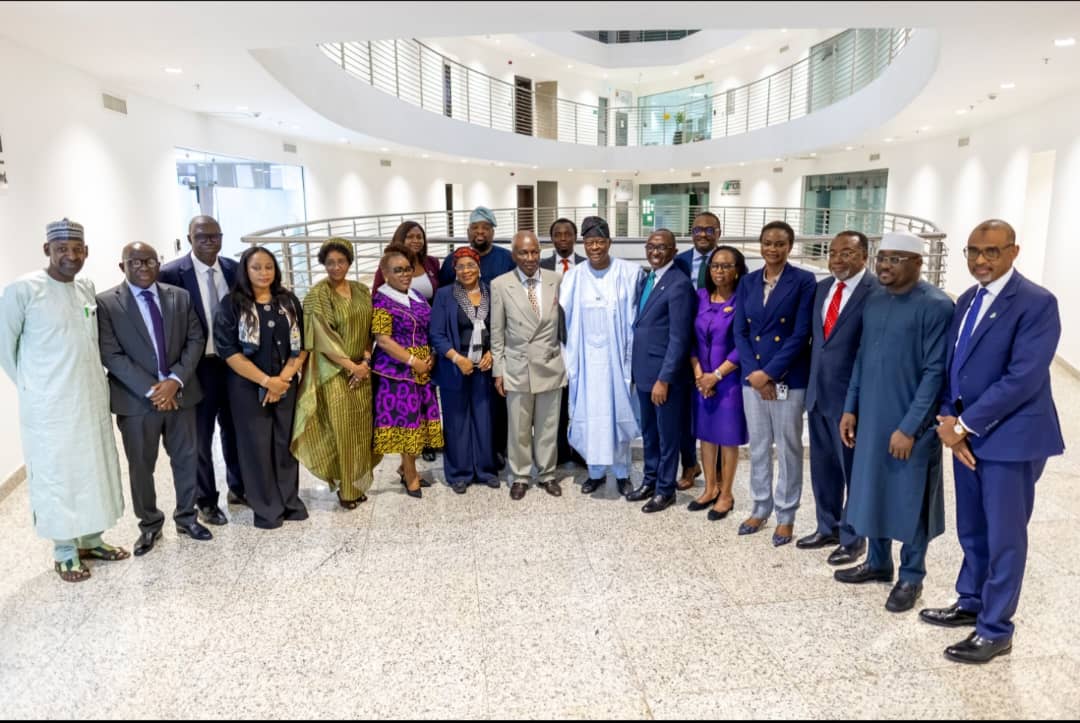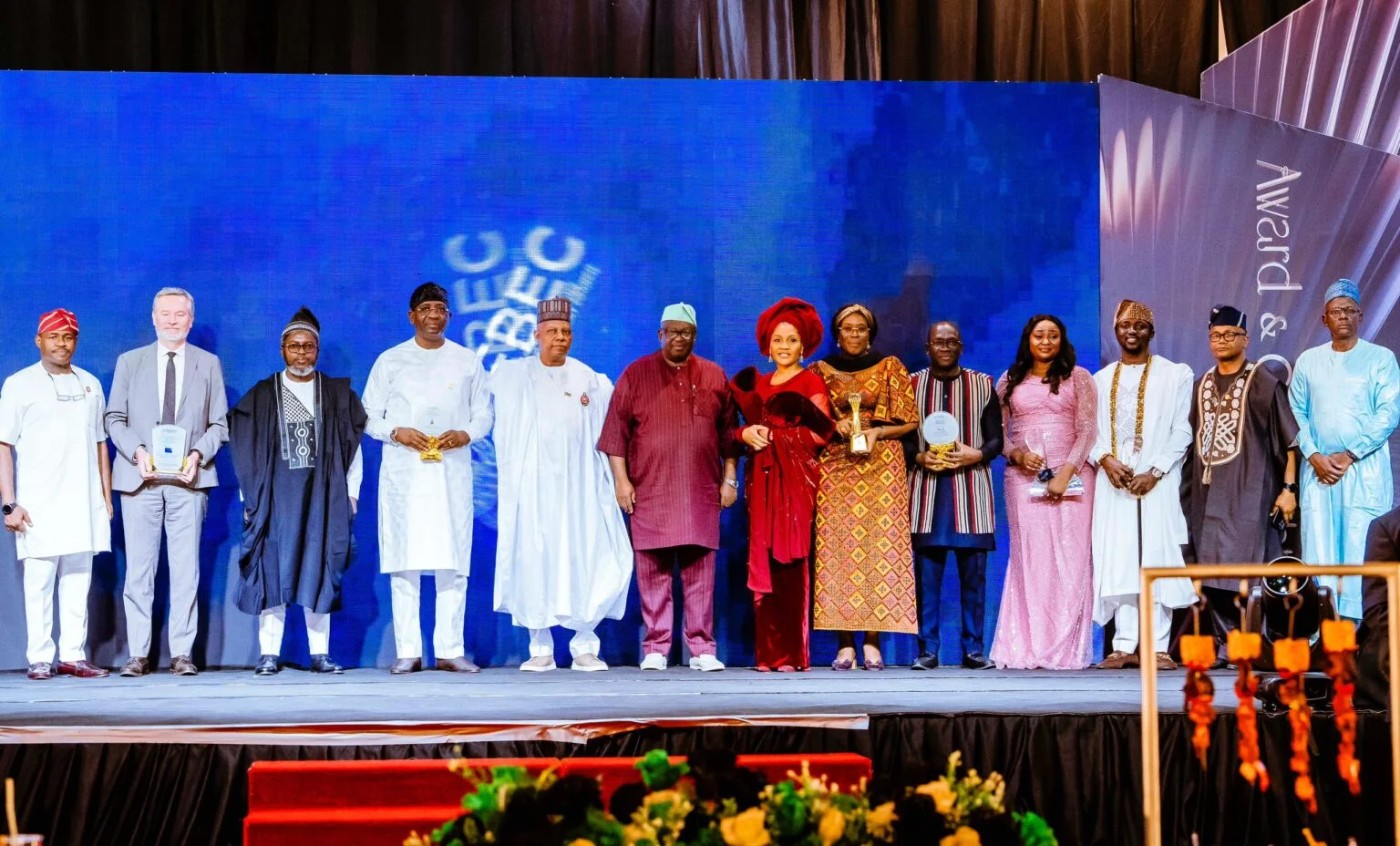The African Development Bank (AFDB) says it has committed 1.2 million dollars grant to support the feasibility study of the Nigeria Battery Energy Storage System (BESS).
The grant is under AfDB’s under Energy Transition Catalyst Programme
Dr Abdul Kamra, Director-General, Nigeria Country Department, (AFDB) made this known at the Inaugural Workshop of the BESS Feasibility Study in Abuja on Wednesday.
The News Agency of Nigeria (NAN) reports that the workshop was organised by the Transmission Company of Nigeria (TCN) in collaboration with AfDB.
Kamra, represented by Mr Chigoziri Egeruoh, Chief Engineer, AfDB, Nigeria Country Office, said that the importance of the initiative could not be overstated.
“As we work toward the ambitious goal of connecting 300 million people to electricity by 2030 under the Mission 300 initiative, battery energy storage emerges as a critical enabler.
“Nowhere is this mission more urgent than here in Nigeria, home to an estimated 90 million people still without access to electricity.
“This is why the bank has committed a 1.2 million dollar grant under the Africa Energy Transition Catalyst Programme to support this feasibility study Implemented through the TCN, ‘’ he said.
Kamra said that the project would assess grid integration, identify viable business and regulatory models to attract investment and build the capacity needed for ownership and sustainability.
He said that the initiative aligned closely with Nigeria’s Energy Transition Plan, its SE4ALL Action Agenda and the Renewable Energy Master climate, and innovation in-reinforcing policy coherence across energy,
“Battery storage is no longer a luxury; it is a necessity. As Nigeria’s grid evolves, storage offers real solutions: frequency stabilisation, reserve capacity and peak load management, among others.
“But as we all know, technology alone will not carry the day, regulatory frameworks and investment environments must evolve in step to scale these innovations sustainably.
“The AFDB is a committed partner in this journey. Through our One-billion-dollar Economic Governance and Energy Transition Support Programme,” he said,
He said that as the important feasibility study is inaugurated, efforts should be made to produce real, actionable outcomes that reflect Nigeria’s priorities and realities.
“This requires your active engagement, starting here today and continuing through every stage of implementation, ‘’ he said.
Minister of Power, Mr Adebayo Adelabu, said that the gathering signalled the Federal Government’s resolve to adopt innovative, climate smart and forward-looking energy solutions.
Represented by Mr Ben Ayangeor, Assistant Director, Renewable Energy, Adelabu said that the feasibility study was not just a technical exercise but also a strategic step toward future-proofing our power infrastructure.
“Nigeria’s power sector had undergone significant reforms. Yet, key challenges persist, particularly the issues of power intermittency, limited dispatchability of renewables, grid instability and underutilised energy generation.
“With the increasing penetration of solar and wind energy in our energy mix, we must now address the critical challenge of energy storage.
“We should adopt the idea of storing electricity when generation exceeds demand and dispatching it when needed to maintain balance and reliability
“BESS provides the most practical and scalable solution to this challenge as they will play a pivotal role in enhancing grid stability and flexibility, reducing reliance on fossil fuel-based peaking plants,‘’ he said.
Adelabu said that BESS would also enable deeper integration of renewables into both grid-connected and off-grid systems, and improve power quality and system reliability, especially during voltage or frequency disturbances.
“It will ultimately extend access to clean energy in underserved and remote areas,‘’ he said.
The minister said that the feasibility study would provide a detailed technical, regulatory and environmental analysis of the deployment of battery energy storage systems in Nigeria.
The Managing Director, TCN, Mr Sule Abdulaziz, said that TCN’s mandate centred on maintaining and expanding a transmission network.
Abdulaziz, represented by Mr Olugbenga Ajiboye, TCN’s Executive Director, Transmission System Provider, said that the network would be reliable, resilient and able to respond effectively to the demands of the country’s growing economy.
He said that for years the company’s operational teams had contended with the challenges of frequency fluctuations, peak load pressures and limitations in reactive power support.
According to him, these technical constraints affect every layer of the electricity value chain, from generation dispatch to the final delivery of power to homes and industries.
“BESS offer us a powerful means to address these persistent challenges as they enable frequency regulation, reserve capacity and voltage support, directly strengthening grid performance and unlocking more efficient use of our transmission assets.
“This is precisely why this feasibility study is both timely and so important, ‘’ he said. (NAN)





